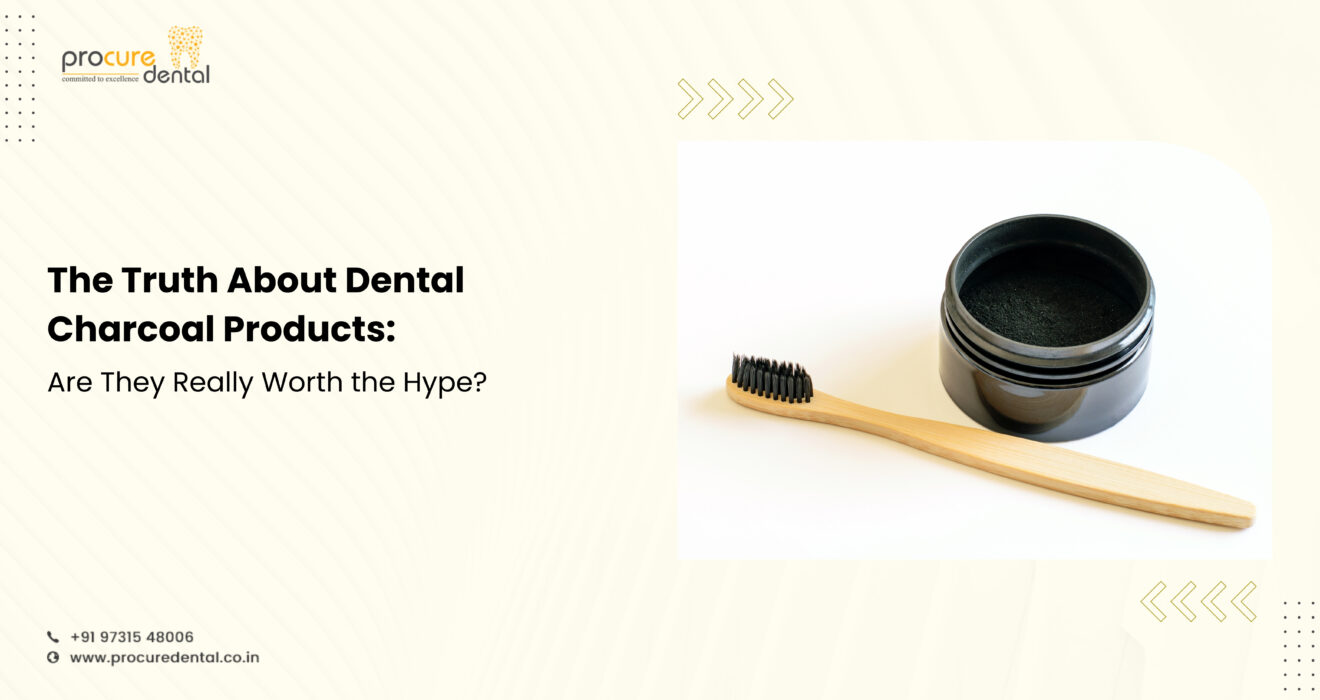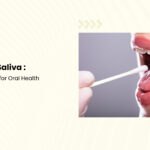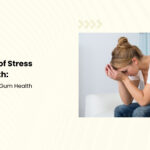The Truth About Dental Charcoal Products: Are They Really Worth the Hype?
Walk down any toothpaste aisle or scroll through social media, and you’ll see them—charcoal-infused dental products promising brighter, whiter teeth with a “natural” touch. Influencers and brands alike swear by them, claiming charcoal can erase stains, detoxify your mouth, and freshen your breath like no other.
But is this just another marketing fad, or do these trendy black pastes actually work? More importantly, are they safe for your teeth in the long run? Let’s break it down and separate fact from fiction.
What Is Activated Charcoal, and Why Is It in Toothpaste?
Activated charcoal isn’t the same as the stuff you use to fire up a barbecue. It’s a highly porous black powder, made from carbon-rich materials like wood or coconut shells, that’s been treated to increase its absorbency. In medicine, it’s often used in hospitals to trap toxins and prevent poisoning—which is where the idea of “detoxifying” toothpaste comes from.
The theory behind charcoal toothpaste is simple: it absorbs and scrubs away stains, bacteria, and toxins from your teeth and gums. But does it actually deliver?
Does Charcoal Toothpaste Really Whiten Teeth?
Yes and no. Charcoal toothpaste can help remove some surface stains, meaning it might make your teeth look a little brighter in the short term. But if you’re expecting a Hollywood-level white smile, you’ll probably be disappointed.
Unlike professional whitening treatments that penetrate the enamel to lift deep stains, charcoal only works on the outermost layer of your teeth. That means if your teeth are naturally yellowish or stained below the surface, charcoal toothpaste won’t make much of a difference.
The Big Problem: Enamel Erosion
Here’s where things get concerning. Charcoal is highly abrasive, meaning it doesn’t just scrub away stains—it can also wear down your enamel over time. Once enamel is gone, it doesn’t grow back, leaving your teeth weaker, more sensitive, and more vulnerable to decay.
Many dentists warn that frequent use of charcoal toothpaste can do more harm than good, especially if you’re brushing with it daily. In other words, you might get whiter-looking teeth for a while, but at the cost of long-term damage.
The “Detox” Myth: Your Mouth Doesn’t Need Help
One of the biggest selling points of charcoal toothpaste is its supposed ability to “detoxify” your mouth. The truth? Your body already has a built-in detox system—your liver and kidneys handle that just fine.
There’s no scientific evidence proving that charcoal removes toxins from your mouth, bloodstream, or anywhere else. It’s a marketing buzzword, not a real health benefit.
Can It Actually Help with Bad Breath?
There’s a little more promise here. Since charcoal is absorbent, it might temporarily trap some odor-causing bacteria and give you fresher breath. But this effect is short-lived and doesn’t address the root causes of bad breath, like plaque buildup, gum disease, or poor hydration.
Plus, most charcoal toothpastes don’t contain fluoride, which is crucial for protecting your teeth from cavities. So, while your breath might feel fresher for a bit, you could be increasing your risk of decay in the long run.
Is Charcoal Toothpaste Worth Using?
If you’re looking for a quick way to remove surface stains, charcoal toothpaste might give you some short-term results. But for daily oral care, it’s not the best option. Better, safer alternatives include:
- Professional whitening treatments from your dentist
- Fluoride-based whitening toothpaste (which strengthens enamel while brightening teeth)
- Over-the-counter whitening strips that are formulated to be safe for enamel
If you do decide to try charcoal toothpaste, use it sparingly—and always follow up with a fluoride toothpaste to protect your enamel.
Final Verdict: More Hype Than Help
Charcoal toothpaste isn’t necessarily a scam, but it’s not the miracle product it’s made out to be, either. It can remove surface stains, but it won’t truly whiten your teeth—and over time, it could actually cause more harm than good.
If you really want whiter teeth, talk to your dentist about proven, enamel-safe options. Charcoal may be trendy, but when it comes to long-term oral health, science-backed solutions are always the better choice.



